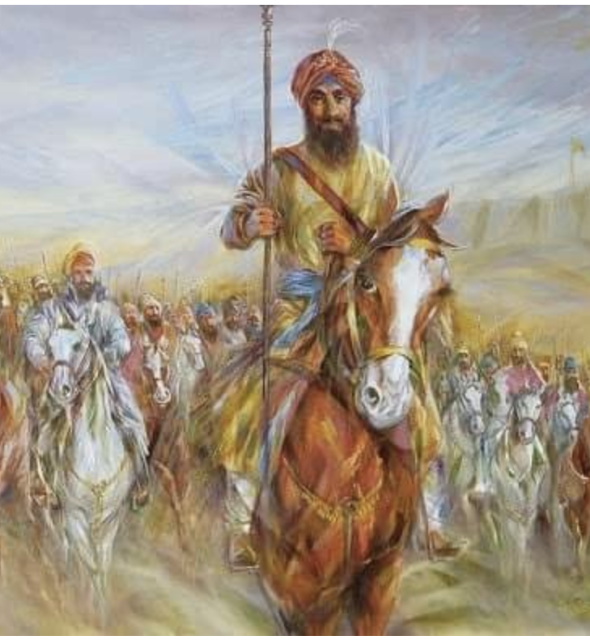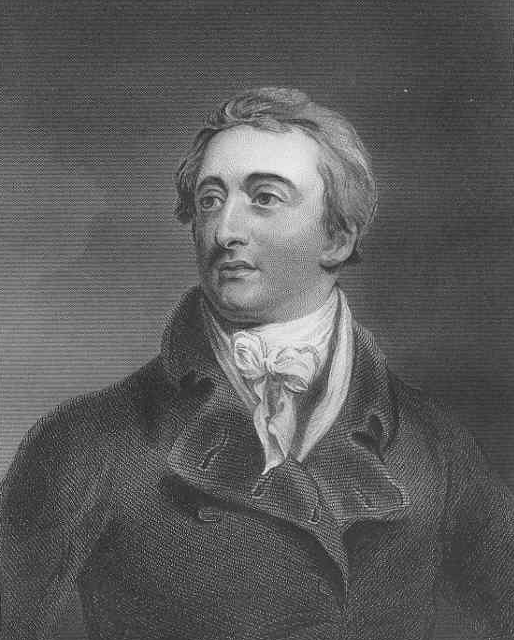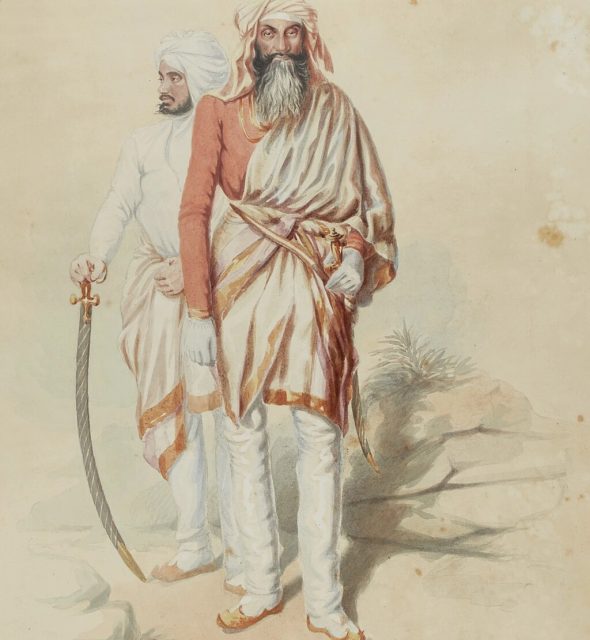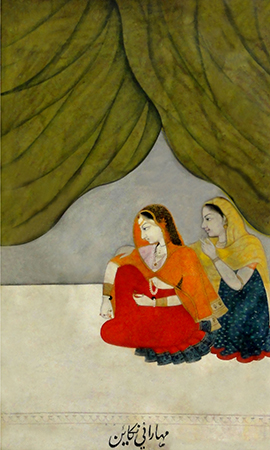OCHTERLONY, SIR DAVID (1758-1825), soldier and diplomat, son of David Ochterlony, was born at Boston, Massachusetts, on 12 February 1758. In 1777, he joined the service of the East India Company as a cadet. He served under Lord Lake in the battle of Delhi and was appointed British resident in 1803 at the court of Shah `Alam, emperor of Hindustan. In 1808, he was the garrison commander at Allahabad when he was ordered to advance to the Sutlej with a detachment to meet the Sikh troops in the cis Sutlej region. From 1809-14 he was agent to the Governor General at the Ludhiana Political Agency.

Explore Sahib Singh Bhangi's legacy in 18th century Punjab and his alliance with Ranjit Singh. Discover his strategic fort holdings and military prowess.Explore Sahib Singh Bhangi's legacy in 18th century Punjab and his alliance with Ranjit Singh. Discover his strategic fort holdings and military prowess.

BENTINCK, LORD WILLIAM CAVENDISH (1774-1839), Governor General of India, son of William Henry, third duke of Portland, was born on 14 September 1774. In 1803, he was appointed governor of Madras, but recalled in 1807 in consequence of the sepoy mutiny at Vellore. In 1827, Bentinck succeeded Lord Amherst as Governor General of India in which capacity he served till 1835. Lord William Bentinck`s policy towards the Sikh kingdom was dictated by the steady growth of a supposed Russo Persian threat to India`s northwestern frontier. In face of it, the Government of India adopted certain extraordinary measures.

CHATAR SINGH ATARlVALA (d. 1855), commander and provincial governor under minor Maharaja Duleep Singh, was the son of Jodh Singh Atarivala. Jodh Singh had joined the service of Maharaja Ranjit Singh in 1805 when he received large jagirs in the Pothohar country. On the death of his father in that year, Chatar Singh succeeded to the jagrrs, then amounting to over a lakh of rupees annually. He devoted most of his time to farming and kept generally aloof from state affairs during the reign of Maharaja Ranjit Singh. When after the assassination of his son, Maharaja Sher Singh, in September 1843, his daughter, Tej Kaur, was betrothed to Maharaja Duleep Singh, he came into prominence politically.







